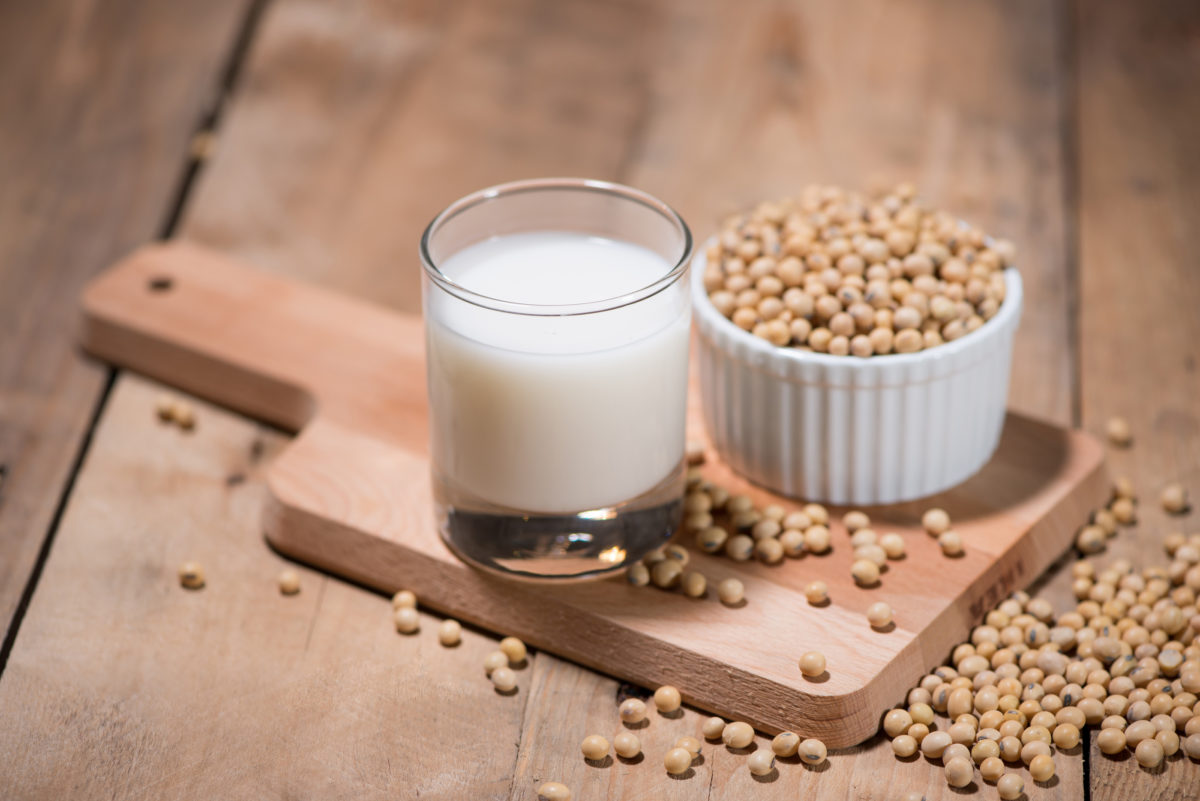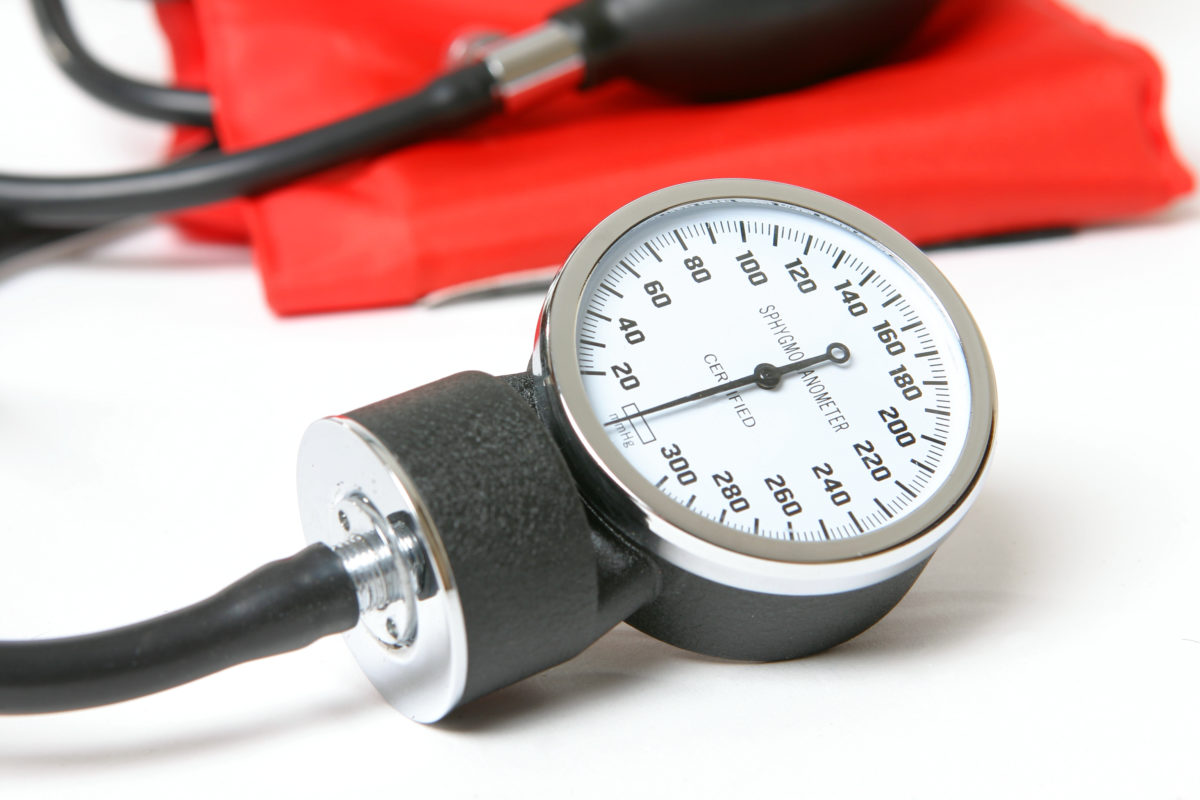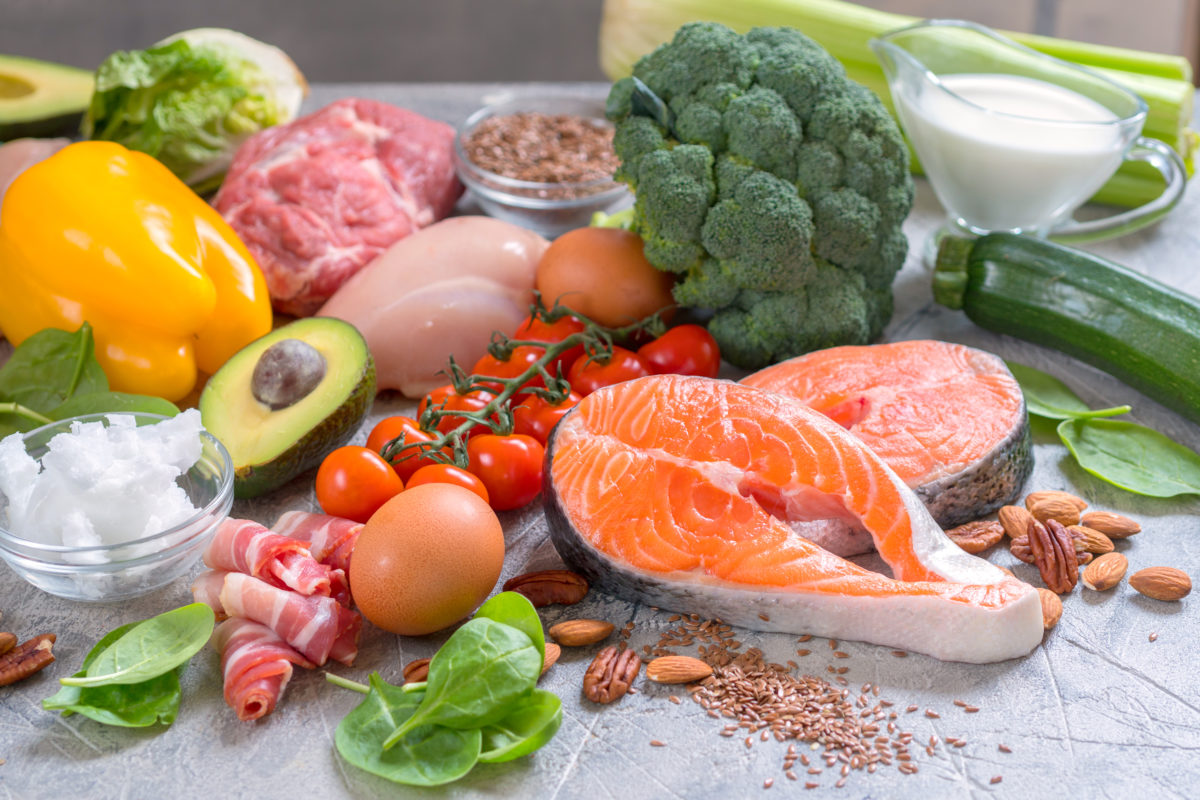Heart disease is the leading cause of death in the United States. Fortunately, people can lower their risk of developing heart disease by monitoring their diets. Overall, a diet low in saturated fats and low cholesterol, along with many other dietary factors, help lower one’s risk. Over the years, there have been many studies and articles have been written on “heart-healthy” foods for people to add in their diets. These foods are known to have anti-inflammatory properties, lower bad cholesterol, lower blood pressure, have antioxidants, and raise good cholesterol – all of which can help ward off heart disease. Throughout the years, soy products have been cited as a food source that lowers blood cholesterol levels and help provide other cardiovascular benefits. However, this has now changed.
In November, the FDA announced to revoke an authorized health claim about soy and heart disease. For the first time ever, the FDA is proposing a revocation. Back in 1999, the FDA approved the claim (to be used on packaged soy products) that soy protein can help reduce heart disease. Now, they’re changing their tune.
The Director of the FDA’s Center for Food Safety and Applied Nutrition, Susan Mayne, said in a released statement, “While some evidence continues to suggest a relationship between soy protein and a reduced risk of heart disease—including evidence reviewed by the FDA when the claim was authorized—the totality of currently available scientific evidence calls into question the certainty of this relationship.”
Apparently, after the FDA approved this health claim in 1999, there have been inconsistent findings regarding the ability of soy protein to help lower LDL (“bad”) cholesterol. Now, this doesn’t mean soy consumption increases a person’s heart disease risk, it just doesn’t reduce it.
This soy claim may change from an “authorized health claim” to a “qualified health claim.” A qualified health claim requires a lower scientific standard of evidence to explain the limited (but not definite) evidence linking soy protein intake with heart disease risk reduction.
The FDA will go through a full, official revocation process that will allow the public and industry stakeholders a chance to submit comments to the FDA to persuade it to keep the authorization. People can comment until January 18, 2018.
If you’re looking for heart-healthy foods that can help reduce one’s risk of developing heart disease, choose foods like nuts, salmon, berries, oatmeal, avocado, spinach, tuna, and olive oil.
If you are suffering from heart valve disease, Dr. Peter Mikhail is a thoracic and cardiac surgeon in New Port Richey, Florida who performs mitral valve surgery and TAVR. He also treats patients in the Tampa and Clearwater areas. Dr. Mikhail advises his patients on the best diets based on their condition. To book a consult with Dr. Mikhail, click here or call his office at 727-312-4844.





